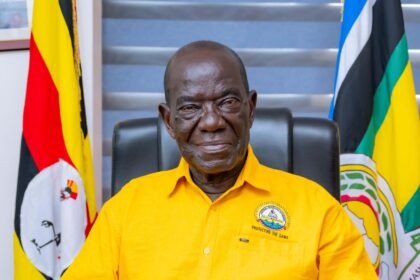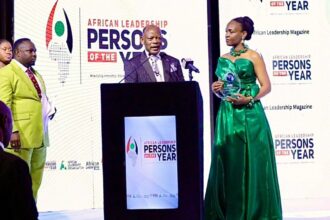By Joel Kidandaire
The Commission of Inquiry into Land Matters has this week generated intense and impassioned debate for a cocktail of reasons. Particularly outstanding was the appearance of Lands minister Betty Amongi before Justice Catherine Bamugemereire-led commission for a grueling two days. The judge has come under attack from all corners of the globe, won acclaim and condemnation in equal measure.
A preview of the proceedings show the judge occasionally lost her cool and yelled at the witness, as has happened before to others before her. Some lawyers too have been on the receiving end of the wrath of the commission’s thick skinned chairperson.
From a humanitarian view point, it is fathomable why the judge would lose her cool while grilling a witness accused of the breaches of the Leadership Code Act that Amongi faces . We live in a country where corruption by State officials has rendered many chained to injustice, human rights violations are now the order of the day.
However, as a lawyer, I am also aware that judges, unlike we ordinary citizens, have a professional code of conduct and are expected to administer justice, which must not only be done, but be seen to be done.
If there is suspicion that the commission is acting against established norms of natural justice, such as the right to be heard and a fair hearing as enshrined in our constitution, aggrieved parties could go to court when the report is published and challenge the same.
In the end, we taxpayers lose and the country misses an opportunity to come up with a report that can heal the weaknesses in our land policies, laws and practices. Why should this bother us? Commissions of inquiry cost considerable sums of money. Judges, in a country with stinging case backlog, take time off the bench to give leadership to these quasi judicial bodies, billions of money are invested too. Therefore, we expect so much from these commissions.
However, if an unfair job is done, the legal implication is that the High Court and courts incidental thereto, can and will quash those findings. In the end, we won’t find answers and there will be gaps. This has happened before. In the 1990s, Justice Julia Ssebutinde’s commission inquired into corruption at the Uganda Revenue Authority (URA) and the report was quashed on the basis of want of a fair hearing. In Dott Services Ltd & Anor v Attorney General (Miscellaneouscause No. 137 OF 2016), court also quashed a report compiled by Justice Bamugemereire on the basis that the commission acted unfairly when they denied the applicants a chance to submit their evidence.
Dott Services was consequently granted an order of certiorari quashing the findings and recommendations of the commission of inquiry into allegations of mismanagement, abuse of office and corrupt practices in Uganda National Roads Authority (Unra), contained in the report affecting the applicants
An order of prohibition stopping the government of Uganda from enforcing the findings and recommendations of the commission of inquiry into allegations of mismanagement, abuse of office and corrupt practices in Unra contained in the report against the applicants, was also granted.
Who loses and wins when a court of law annuls the findings of a commission that cost us a lot of money and time? It is the taxpayer.
It is important to bear in mind that in the Kenyan Case of Republic Vs Judicial Commission of Inquiry into Goldenberg Affair, Ex Parte Hon Prof Justice of Appeal Bosire & Another Ex Parte Hon Prof Saitot [2007] 2 EA 392, a commission of inquiry was subjected to judicial review.
Therefore, the proceedings, recommendations and findings of a commission of inquiry are amenable to judicial review, the more reason witnesses must be treated fairly lest taxpayers lose when the report of the commission is quashed. Fore warned fore armed.
Mr Kidandaire is a businessman, lawyer and currently Bar Course student at Law Development Centre
Do you have a story in your community or an opinion to share with us: Email us at Submit an Article






